
Petrina Harley reports Extinction Rebellion WA have set up a camp across from Parliament House to demand a just transition and reject the opening up of new gasfields as part of the Burrup Hub project.

Petrina Harley reports Extinction Rebellion WA have set up a camp across from Parliament House to demand a just transition and reject the opening up of new gasfields as part of the Burrup Hub project.
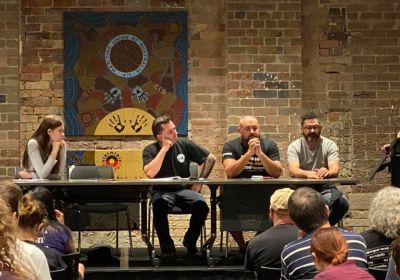
Jim McIlroy reports on a call for unions to take strike action on May 1 under the banner of workers’ rights, social justice and climate action.
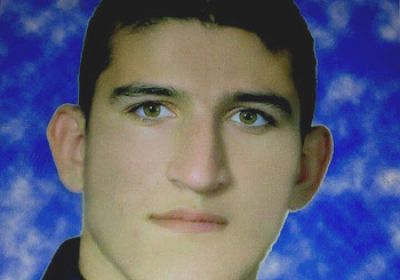
The anniversary of the death of Kurdish-Iranian asylum seeker Reza Berati was commemorated in Perth, writes Alex Salmon.
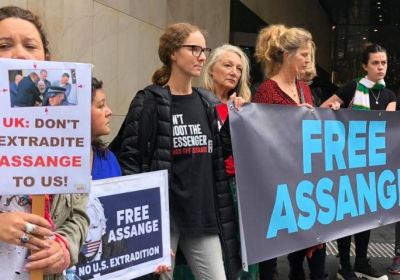
Adviser to the Australian Assange Campaign and barrister Greg Barnes told Pip Hinman that the case against Wikileaks' founder Julian Assange is an attempt to destroy media freedom.
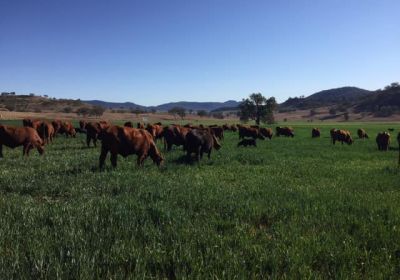
The Bylong community is stepping up its fight to save their valley from coal mining after the Independent Planning Commission bailed from defending its own negative assessment, writes Jim McIlroy.
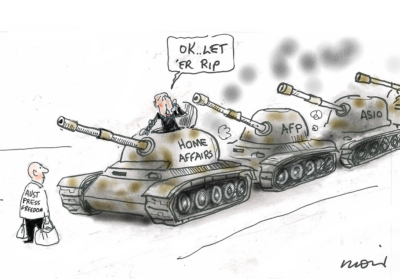
The Federal Court ruling that the federal police raid on the ABC last year was valid is a new blow to media freedoms, argues Jim McIlroy.
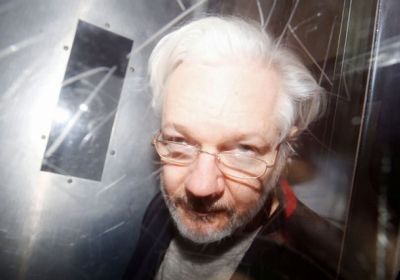
Kerry Smith reports protests are being organised across Australia and globally to coincide with the start of Australian citizen Julian Assange’s extradition hearing in London on February 24.
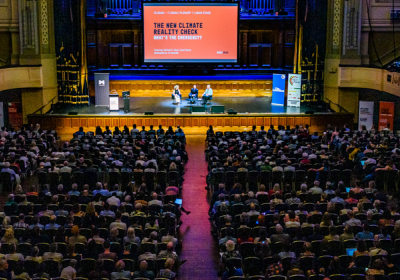
While many radicals attended the National Climate Emergency Summit, they were not asked to present which, as Hans A Baer writes, meant it showcased the market wing of the climate movement.
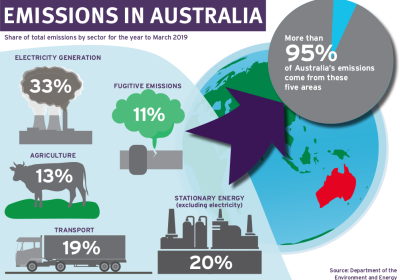
The Socialist Alliance says Australia needs a climate action action plan that combines ecological and social justice measures that challenge the political and economic power of the fossil fuel corporations.

Worried about online privacy? You should be. Not only are social media corporations spying on you, the government now want to muscle in further on Big Brother’s territory, writes Viv Miley.
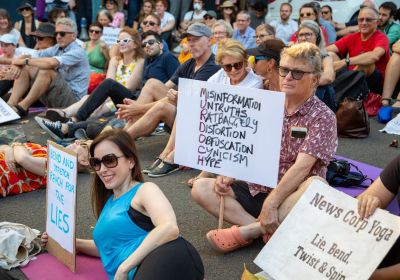
What is the most positive action Australians could take to make the nation better? Dismantle Rupert Murdoch’s stranglehold on the media, argues Brad Pedersen.
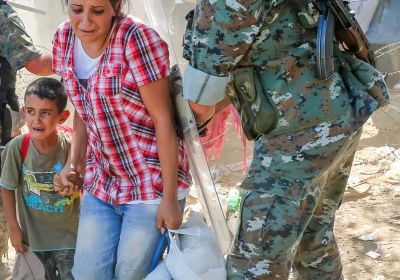
The climate movement needs to adopt the call for peace as there will be no future, sustainable or otherwise, unless we resist authorities’ willingness to go to war, argues Nick Deane.
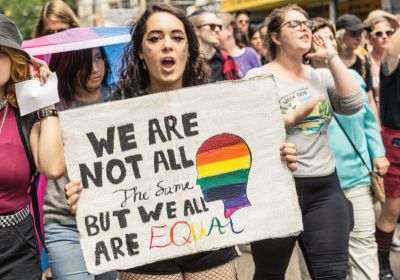
As people were fleeing their burning homes and volunteer firefighters were crowdfunding basic supplies in December, Australia’s Pentecostal Prime Minister was busy working on safeguarding the rights of a handful of bigoted institutions to discriminate, writes Chris Jenkins.
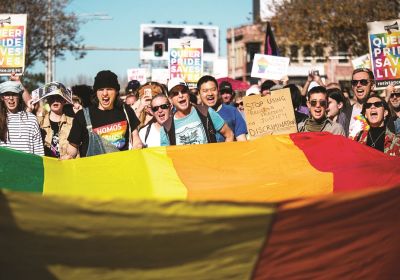
Paul Gregoire writes that Mardi Gras season is a good time to reflect on the religious freedom bills that, if passed, would undermine the rights of LGBTIQ people.
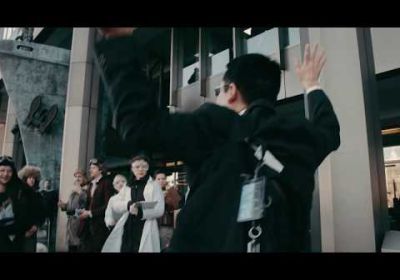
Environmental campaigners are calling for urgent action to cut pollution in the Arctic from the global shipping industry, writes Kerry Smith.
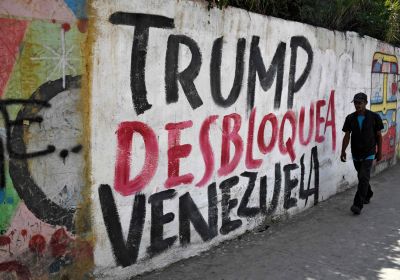
Paul Dobson reports Venezuela has set in motion legal proceedings to have the United States government investigated at the International Criminal Court (ICC).
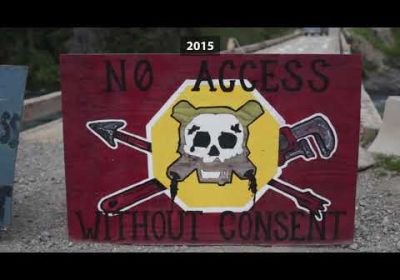
Demonstrations in solidarity with Wet'suwet'en land defenders fighting against a proposed fracked gas pipeline continue across Canada, writes Jessica Corbett.
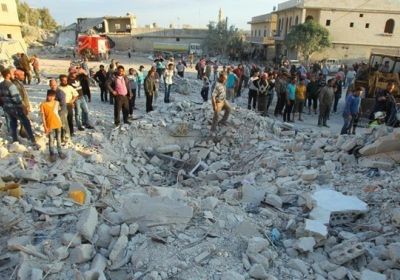
The Bashar al-Assad regime has captured more than a third of Idlib, a province in north-western Syria, which had been controlled by rebels. Chris Slee writes that in the process, about 900,000 people have been displaced according to United Nations figures.
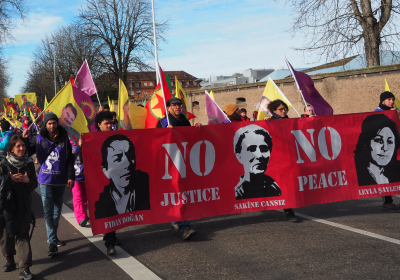
Thousands of Kurds and their international supporters converged for a huge protest in Strasbourg, France, to demand the release of Kurdish leader Abdullah Ocalan, writes Peter Boyle.
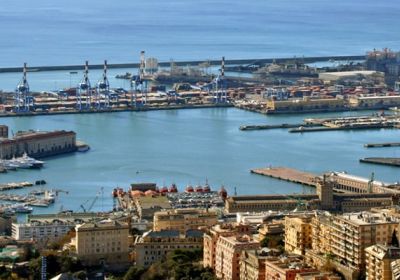
Italian dock workers are refusing to load electricity generators onto a notorious Saudi cargo ship suspected of carrying arms to be used in the war in Yemen, reports Middle East Monitor.
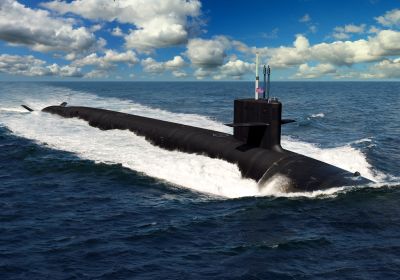
The use of any nuclear weapons would be greatly destabilising and could result in the Doomsday Clock reaching midnight for humanity, writes Barry Sheppard.
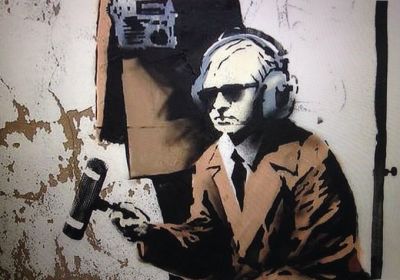
The truth is that Australia could have rescued Julian Assange and can still rescue him, writes John Pilger.

While the world literally burns from climate and political turmoil, Nnimmo Bassey argues the impacts of the climate crisis in Africa and other vulnerable regions is often overlooked.
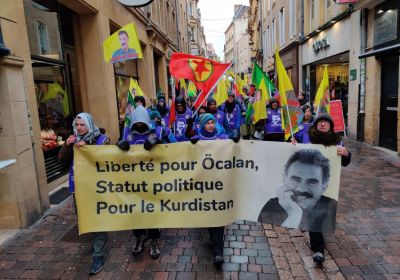
Kurdish political leaders celebrated a “historic” verdict after a Belgian court ruled the Kurdistan Workers’ Party is not a terrorist organisation, reports Steve Sweeney.
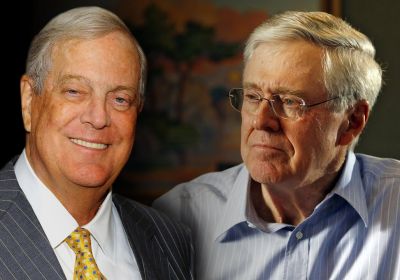
In Kochland, Charles Leonard gives us a glimpse of a company that has built itself into every aspect of US life while avoiding any accountability or transparency, writes Alex Salmon.